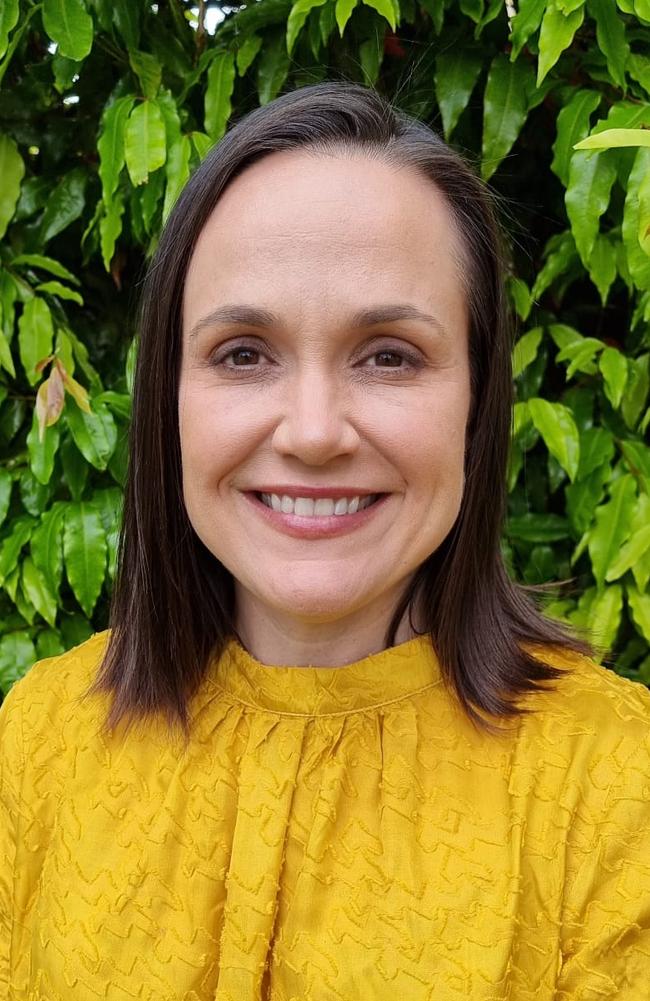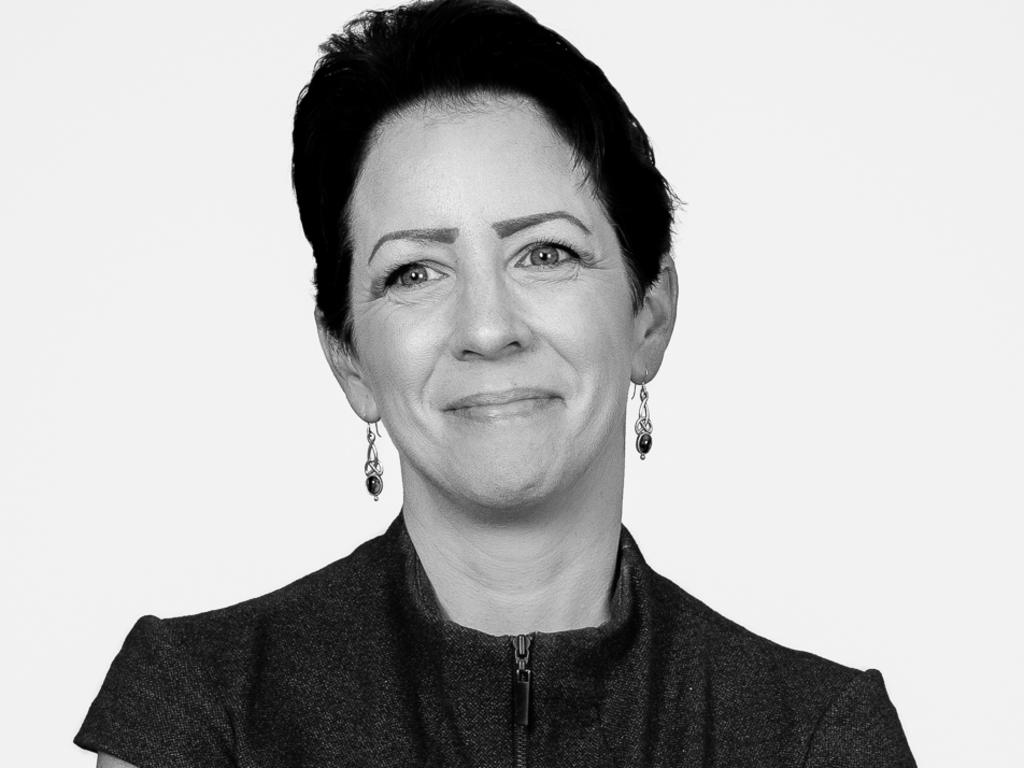Managers warned to ‘close the empathy gap’ in the workplace as new research shows lack of compassion for neurodivergent employees
A particular group of Aussie workers feel a lack of empathy from their managers, new research shows, and the message is “loud and clear”.
As the number of people being diagnosed with some form of neurodivergence continues to rise, workplaces are being advised to learn more on their needs in order to create inclusive work environments.
The Australian Bureau of Statistics estimates that 30 to 40 per cent of the population is neurodivergent.
Neurodivergence is a non-medical term used to describe the natural variation in how a person’s brain processes, behaves and/or learns differently. It’s typically seen in those with certain conditions such as autistic spectrum disorder (ASD), specific learning disorders (SLD) such as dyslexia and attention-deficit hyperactivity disorder (ADHD).

Allianz Australia research looked into the experiences of Australians in the workplace, particularly through the lens of employees with disabilities and gender, cultural, generational and neurodivergent diverse backgrounds.
It found that two in five (42 per cent) of neurodivergent employees admitted to withholding information about their personal situation “due to fear of being perceived poorly by their manager or organisation”.
The desire to belong and be their true selves was also reflected in the study, with half (50 per cent) of neurodiverse employees revealing that their ideal workplace is where “people feel they belong no matter their personal experiences and characteristics”.
More than a third (39 per cent) of those with disabilities admitted doing the same, with 31 per cent reportedly feeling a lack of compassion from their leaders, and 28 per cent believing there is an unconscious bias from managers regarding their ability to do their job well.
The survey also got responses from managers, with 25 per cent acknowledging that there is “an empathy gap” in their workplace, and the level of care needed for all employees when it comes to workplace challenges is not there.
Forty-five per cent admitted that they may have an unconscious bias or prejudice towards their team.
Allianz Australia chief general manager of personal injury Julie Mitchell said it was “loud and clear” that workplaces and managers needed to understand, listen and be compassionate to their workers.

“A third of employees really felt like their manager or leader wasn’t necessarily showing the level of compassion or empathy towards their personal circumstances and how those personal circumstances impact their ability to do their job effectively,” Ms Mitchell said.
“So that empathy gap manifests in the workplace when challenges are raised by workers regarding their personal circumstance and those workplace issues or mental health concerns are not handled with the level of care and understanding.
“And managers confirmed this. There isn’t a lack of interest from workplaces or leaders, but there’s a lack of knowledge and understanding about how to respond (and) how to have that conversation.”
Despite some strides being made in understanding neurodivergence, Transitioning Well clinical and health psychologist Leah Collins said there was still some “misinformation” in the workplace.
“I find it difficult to consider the term ‘acceptance in the workplace’ when the majority of neurodivergent people are underemployed,” Dr Collins said.
“For example, the ABS (2018) found that only 38 per cent of Australian autistic adults are in meaningful employment compared to 84 per cent of neurotypical adults. Amaze has reported that autistic people have unemployment rates that are six times higher than neurotypical adults.

“So, while there is merit in acknowledging that workplaces are trying to be more inclusive – and we have many forward-thinking clients who are doing proactive work with us in this space – the neurodivergent community continues to be underemployed.”
However, this shouldn’t stop workplaces, leaders and employers from learning about it as “neurodivergent brains are divergent thinkers and can bring diverse and unique thinking to a workplace”, Dr Collins said
“Neurodivergence should simply be on the same agenda as all diversity and inclusivity policies and practices of any workplace that wants to promote a healthy workplace culture,” she said.
“Expert education by reputable providers is essential for any workplace to upskill in any form of inclusion and diversity but especially for the neurodivergent community, which has been ignored for too long.
“A neurodivergent affirming workplace is simply an inclusive workplace and is not unlike any other ability or disability. All brains are welcome at work and should not be considered less, just different. But neurodivergent brains deserve a seat at the table in which these policies are made.”
Lawyer Jamie Lumsden, 43, who is on the autism spectrum, found work difficult during the Covid pandemic as the country shut down.

“One of the things we were trying to do during Covid as a business development was stay in contact with clients when we were all working virtually and remotely, and I’m not very good at that sort of thing,” she said.
“It’s like ‘why am I calling? What is my purpose? I can’t cold call people and just ask them for work’. I went to those meetings and I didn’t really know what was expected of me or what I was supposed to do, and then I didn’t feel like I had a structure or a framework to set me up for success.
“I would self-sabotage, and then (my manager) would leave those meetings feeling quite upset and like she was failing because I didn’t know what I was doing. It was quite dysfunctional.”
Former teacher Jaimi Rajendran, 32, admitted to struggling in the workplace before her ADHD diagnosis.
“Procrastination was a big one and getting really easily distracted. And (I found it) was not that prioritising was difficult because I’ve always been able to do that sort of thing,” Ms Rajendran said.

“But it was more prioritising the wrong thing and focusing on the things that aren’t necessarily a big issue, but I would make them one.”
Once she was diagnosed with autism, Ms Lumsden worked with her manager to have systems in place to support her needs in the workplace. And she hopes that awareness of neurodivergence continues to grow.
“I think that neurodivergent people have always been there, but we didn’t recognise them,” she said.
“I’m personally doing quite a bit to try and raise awareness. I have social groups that I’m active in, I’ve organised (for) get-togethers for neurodivergent lawyers. I’m active in my workplace to sort of drive diversity and inclusion, change, new policies, procedures, things like that.”
Ms Rajendran points to the negative stereotype of those with ADHD still being present in people’s minds.
“People with ADHD, they’re the kids who are the people who can’t control themselves, they can’t sit still, they can’t do anything, and I think in a workplace that still manifests itself in people’s beliefs,” she said.
More Coverage
“Because that’s what people have been taught to think about for a long time. And if I put my manager hat on, I do think there should be more education around that (as) ADHD presents differently, especially across gender.
“There’s a lot of really great things, and this is how you can support your employees too, especially during hyper focus. It’s such a great thing that employees could really use to get things done.”






